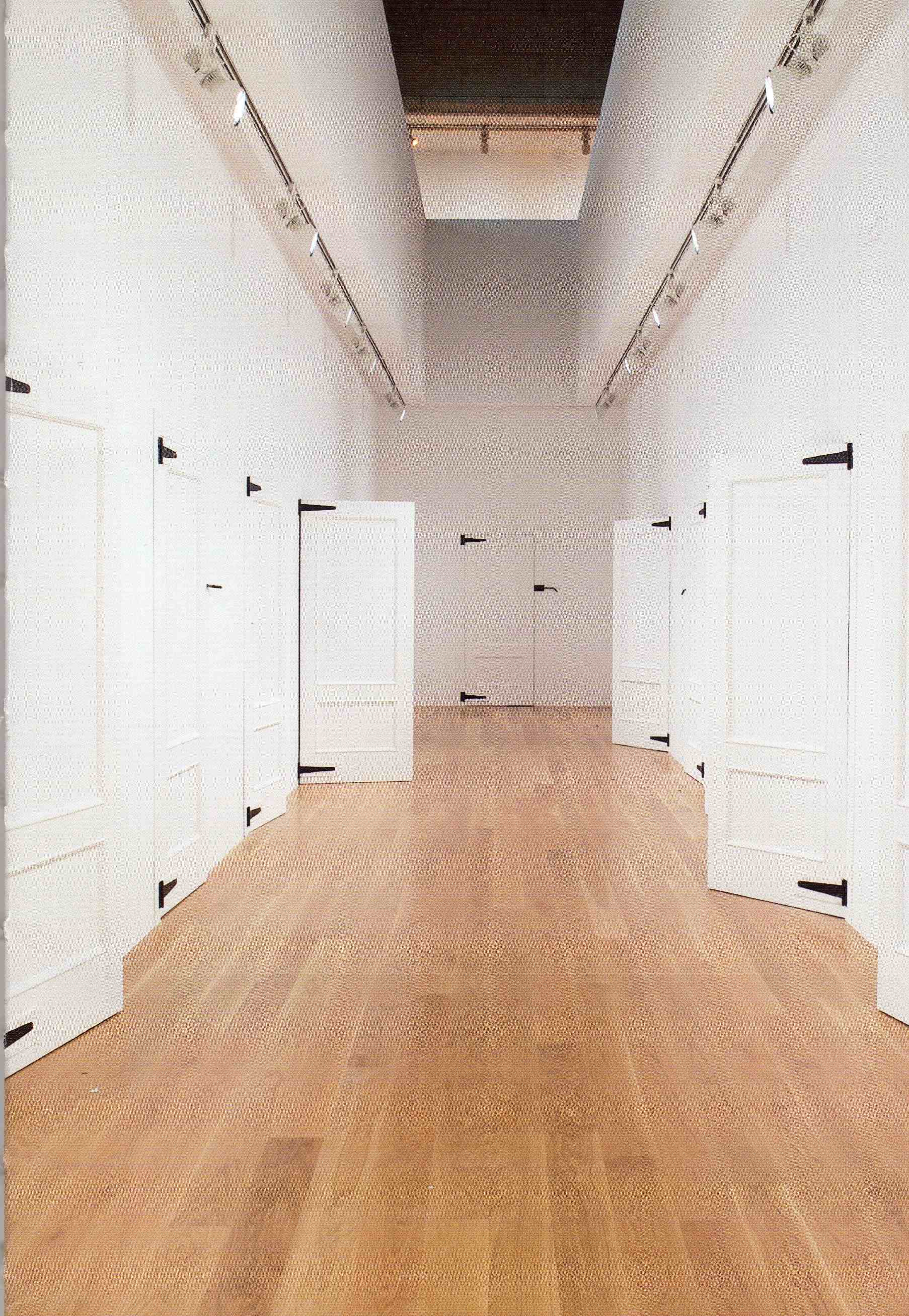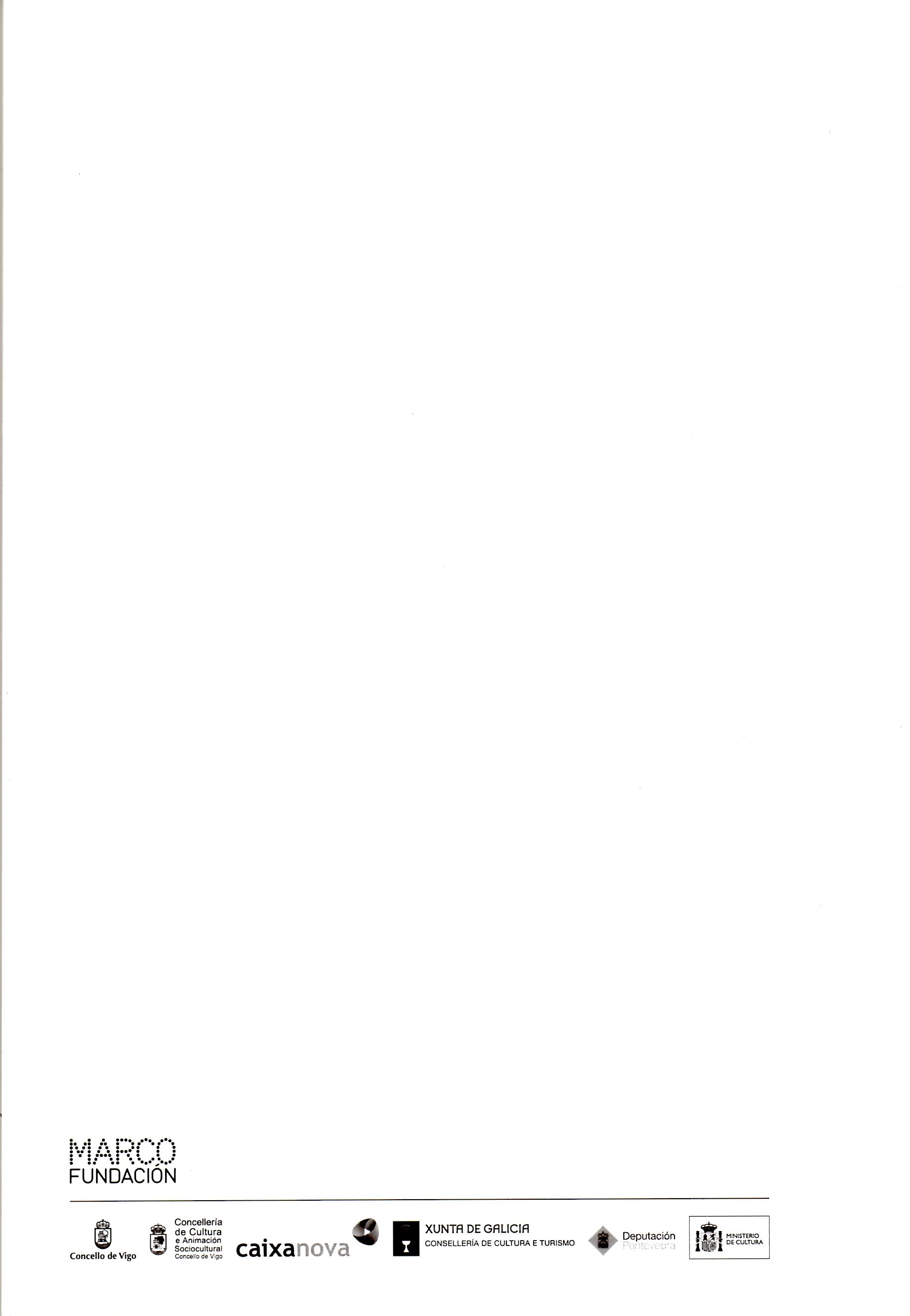Tania Bruguera
October 2008
From: Bruguera, Tania “Autocensura Programada,” Trabajo Socialmente Util, October 2008, Ed. MARCO -Museo de Arte Contemporáneo de Vigo-, Vigo, España, 2008, (illust.) p.74.
ISBN 978-84-936360-0-5
Notes for a Text on Censorship
by Tania Bruguera
Censorship in Cuba may be open (we all know where the limits are) or may be lack of information or may not be able to say what is true and what false, what we are and what we want others to believe we are or it may be the hopeful blindness of the international left.
Censorship in Cuba is not now exercised by a professional from the state security department. It comes as a “piece of advice” from a “friend”; a friend who trained in a military school or “used to be” an agent but now is the director of a Cultural Center and esteems us and would hate to see us involved in unnecessary problems.
Censorship in Cuba is creating the concept of really Cuban, a concept that satisfies the required level of authenticity.
Censorship in Cuba is pretending it is not ideological any more.
Censorship in Cuba is creating a feeling of generalized mistrust; it is controlling paranoia and doing away with the feeling of complicity.
Censorship in Cuba is the sacrifice that must be done to continue to be the model of a country confronting the United States.
Censorship in Cuba is not wanting to know anything about your friends that might be used against them, it is to decide to lose your memory, it is to decide that, to be trustworthy, you will become an “insane” individual.
Censorship in Cuba is to leave heroism to the dead or to those who made the revolution 50 years ago or to those who died in wars generated in Havana for other countries in the world.
Censorship is to create an caste of artists dependent from political power so as not to lose an illegally bought house, to be able to leave the country, to be able to take relatives and employees out of the country, to have their names mentioned when collectors arrive in Havana, to be able to live above the level accepted for the average Cuban without being questioned.
Censorship in Cuba is creating a bourgeois art sector which, self-censored, will strive not for artistic achievements but for material ones.
Censorship in Cuba is to transform the meaning of generation into that of rivalry and international success.
Censorship in Cuba is to prefer to use metaphors instead of facts in a piece of work.
Censorship in Cuba is the appropriation of the meanings and distribution of the works by the censors, without taking into account the intentions of the artists.
Censorship is to decide that you do not think by yourself.
Censorship is writing this text thinking it will be read in Havana, thinking in the consequences it might have, not being able to free yourself of the censor.
If censorship does not work, then it is always possible to resort to the fact that in Cuba everything is illegal; you can always serve time for an illegality you do not even know exists.
Censorship points out the potential for violence, it is deciding the measure of truthfulness and tangibility of ideas, it is the announcement of a disillusion.
Censorship is not to know the past awaiting you.


